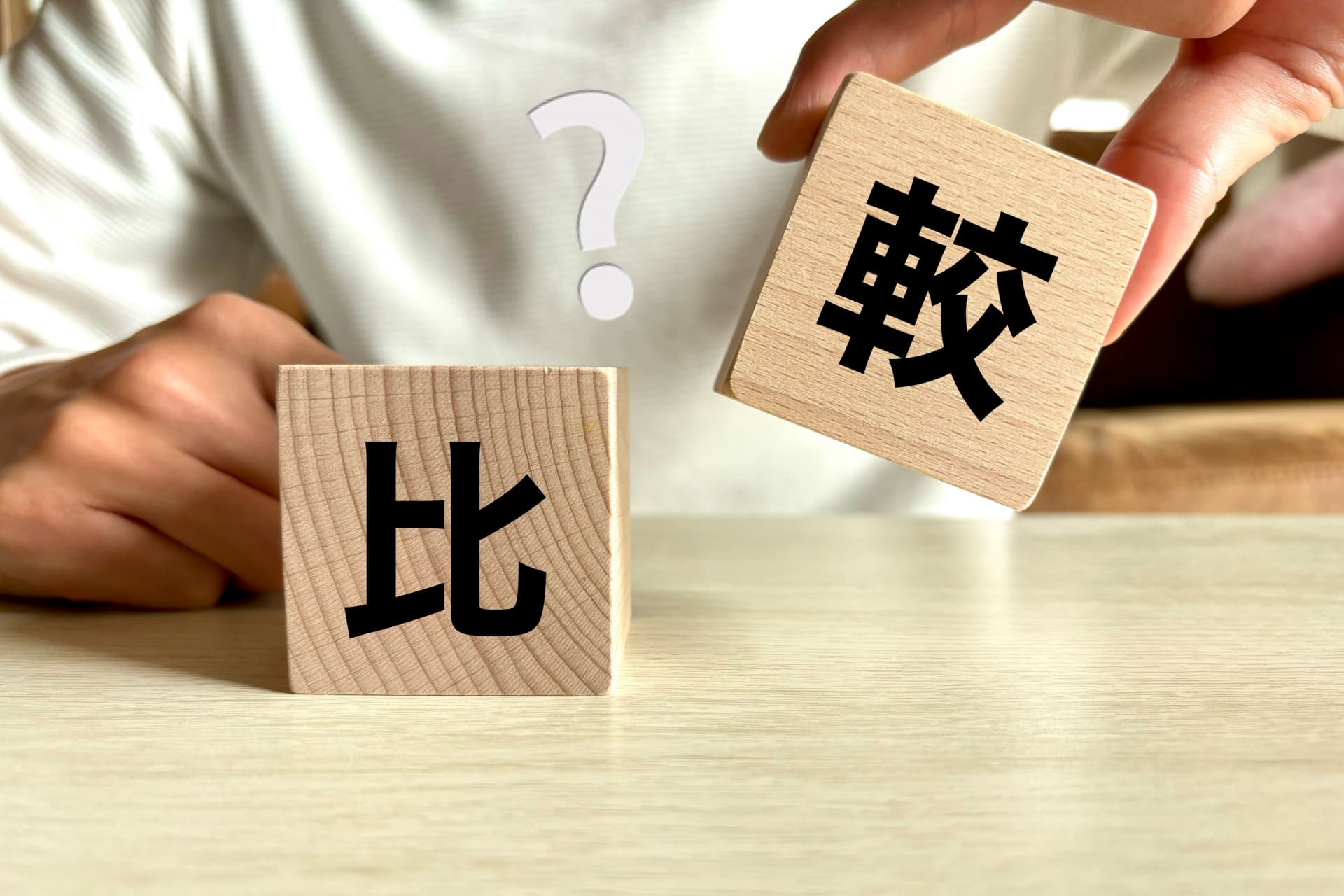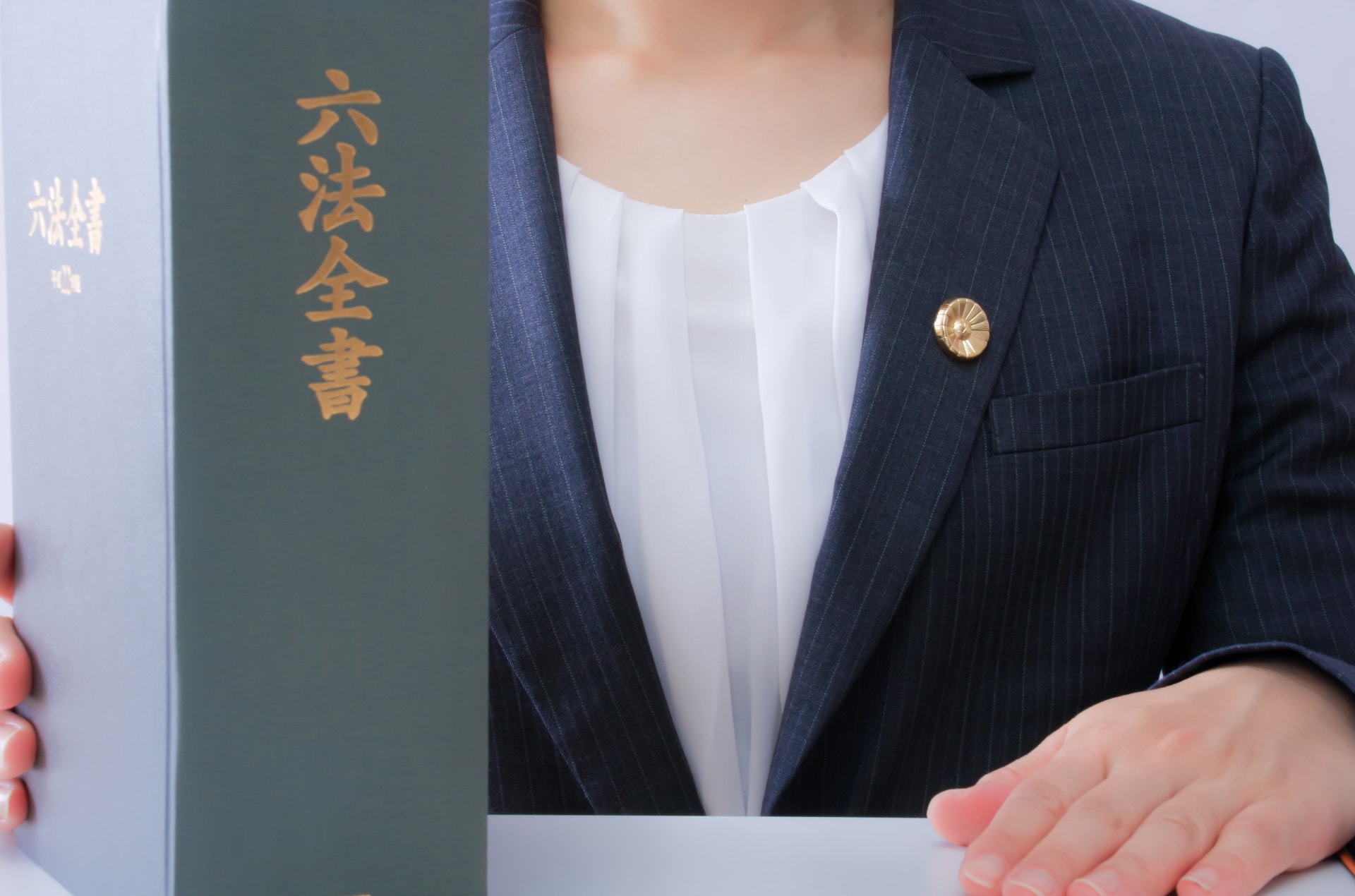Understanding 'Superior Misrepresentation' under the Japanese 'Premiums and Representations Act' (Jōhyōhō): Differences from 'Advantageous Misrepresentation' and Case Studies Explained

The Japanese Premiums and Representations Act (Jōhinhyōji-hō), commonly referred to as the Premiums and Representations Law, is a law that regulates premiums and advertising representations. It prohibits unfair deception and inducement of general consumers through premiums and advertising representations. Violations can lead to measures such as suspension of advertisements or orders to pay a penalty, so caution is necessary.
Unfair representations under the Japanese Premiums and Representations Act are broadly categorized into two types: “superior misrepresentation” and “advantageous misrepresentation.” Here, we will explain in detail both superior and advantageous misrepresentations, along with introducing actual cases. Please use this as a reference to avoid violations of the Premiums and Representations Act in advertising.
Understanding Misleading Superiority under the Japanese Premiums and Representations Act

Misleading superiority is defined in the Japanese Premiums and Representations Act as follows (Article 5, Paragraph 1 of the Act).
A representation regarding the quality, standards, or other aspects of goods or services that suggests to the general consumer that they are significantly superior to the actual items, or that they are significantly superior to those supplied by other businesses offering similar or related goods or services, despite being contrary to fact, and which is recognized as having the potential to unfairly attract customers and hinder the voluntary and rational choice of the general consumer.
Reference: e-GOV|Prevention of Improper Premiums and Misleading Representations[ja]
Advertising that causes the general consumer to mistakenly believe that the quality or content of the products or services being offered is significantly superior to what they actually are constitutes misleading superiority.
When general consumers choose products or services, they use the quality and performance of those products or services as criteria for their decision. Therefore, the purpose is to prevent businesses from misleading consumers into believing that the quality or performance of their products is higher than it actually is, in order to sell more under false pretenses.
Related article: What is the Japanese Premiums and Representations Act (Jōhyō Hō)? An Easy-to-Understand Explanation with Examples of Violations and Penalties[ja]
The Difference Between Superior Misleading Representation and Advantageous Misleading Representation under the Japanese Premiums and Representations Act

Under the Japanese Premiums and Representations Act, unfair representations are broadly categorized into two types: “Superior Misleading Representation” and “Advantageous Misleading Representation.” This article will explain what constitutes an “Advantageous Misleading Representation.” It is important to distinguish it from “Superior Misleading Representation” and deepen your understanding to avoid confusion.
What is Misleading Representation of Advantage?
According to the official website of the Consumer Affairs Agency, Misleading Representation of Advantage is described as follows (Japanese Unfair Competition Prevention Law, Article 5, Item 2).
In transactions involving goods or services supplied by a business, the terms of the transaction, including the price, are misrepresented to the general consumer as being significantly more advantageous than they actually are, leading to a mistaken belief that the transaction is:
Source: Consumer Affairs Agency | What is Misleading Representation of Advantage?[ja]
(1) Significantly more advantageous to the transaction partner than the actual terms.
(2) Significantly more advantageous to the transaction partner than those related to a competing business.
Misleading Representation of Advantage occurs when the terms of a transaction are misrepresented as being more favorable compared to other businesses. While Misleading Representation of Quality is defined as a misconception about the quality or standards of goods or services, Misleading Representation of Advantage is defined as a misconception about the terms of a transaction. Similar to Misleading Representation of Quality, the aim is to prevent unjustly increasing sales by making the transaction conditions appear better than they actually are.
Examples of Misleading Representations
On the Consumer Affairs Agency’s website, the following are listed as specific examples of misleading representations:
In the case of used cars, the mileage of the used car for sale was displayed as 30,000 km, but in reality, it was a car that had traveled over 100,000 km and had its odometer rolled back.
In the case of meat, it was advertised and sold as if it were meat from a famous Japanese brand of beef, but it was actually non-branded domestic beef.
In the case of medical insurance, it was advertised as “We pay hospitalization benefits from the first day of admission,” but the system only paid benefits from the day the diagnosis was confirmed after admission.In the case of accessories, they were advertised as necklaces made with natural diamonds, but all the diamonds used were synthetic.
Source: Consumer Affairs Agency | What is Misleading Representation[ja]
These are examples of advertising products or services as being of superior quality without any basis. There are various patterns, including exaggerated advertising, falsification of food origin, and selling forgeries as genuine items. Even if false information is displayed by mistake and not intentionally, it can still be considered a case of misleading representation.
Examples of Misleading Representations
On the official website of the Consumer Affairs Agency, the following instances are cited as examples of misleading representations:
In the case of foreign currency time deposits, the interest received on foreign currency deposits was displayed without including fees, but the actual amount received was less than one-third of the displayed amount.
Source: Consumer Affairs Agency | What is Misleading Representation[ja]
For a shipping company, they advertised “Half price now!” without stating the base price, but in reality, they were accepting jobs at rates that did not qualify for a 50% discount.
The way amounts are presented in transaction details can mislead consumers into believing that they can engage in transactions more advantageously with lower costs. Misleading representations can occur not only by causing a misperception that the amount to be paid in a transaction is less than it actually is but also by causing a misperception that the amount of interest to be received, among other things, is more than the actual amount.
Conditions Leading to Misleading Representations of Superiority under the Japanese Premiums and Representations Act

We have briefly introduced examples of what could be considered misleading representations of superiority under the Japanese Premiums and Representations Act, but the conditions that constitute such representations are the following four:
- Representations made by businesses or corporations engaged in economic activities
- Representations concerning products or services offered by the company
- Representations that could mislead consumers
- False representations about the company’s products or services
Representations Made by Businesses or Corporations Engaged in Economic Activities
Under the Japanese Premiums and Representations Act, the regulation targets representations made by businesses. This includes not only general companies but also educational institutions, medical corporations, and associations engaged in economic activities. All representations made by such entities are subject to regulation against misleading superiority.
Representations Concerning Products or Services Offered by the Company
The Japanese Premiums and Representations Act specifies that representations made by businesses providing advertising media for other companies are not subject to the misleading superiority regulations (Japanese Premiums and Representations Act, Article 2, Paragraph 4). In other words, only representations related to products or services offered by the company itself are regulated.
Representations That Could Mislead Consumers
The target of the misleading superiority regulations is representations made to the general consumer, not those used in business-to-business transactions. Since the knowledge and judgment of the general consumer are the criteria, a representation that would not be misleading to industry insiders but could mislead the general consumer falls under the regulation. Therefore, to avoid misleading superiority, it is crucial to consider the perspective of the general consumer.
False Representations About the Company’s Products or Services
Naturally, false representations about the quality or content of products or services are subject to regulation. However, for advertising representations, the “unsubstantiated advertising regulation” applies, so even if the representation is not false, it can be considered misleading if objective evidence cannot be provided. While it is essential to make truthful representations, it is equally important to demonstrate objective evidence supporting the facts presented.
Three Cases of Misleading Superiority Claims under the Japanese Unfair Competition Prevention Act

Let’s examine three actual cases that were deemed to involve misleading superiority claims. Understanding these examples can help you create advertising content that avoids being classified as misleading.
Case of Misleading Superiority Claims in Advertising Garbage and Shopping Bags
In this case, advertisements for garbage and shopping bags were found to be misleading. The company’s official website claimed that their products were “biodegradable in about two years and do not emit harmful gases when incinerated.”
The Consumer Affairs Agency requested documentation to substantiate these claims, but the evidence provided was not deemed reasonable. Consequently, the advertisements were found to significantly mislead consumers into believing the products were environmentally friendly and biodegradable within approximately two years, resulting in a misleading superiority claim.
Case of Misleading Superiority Claims in Cosmetic Surgery Advertising Due to False Content
This case involves misleading superiority claims in cosmetic surgery advertising. The company’s website boasted, “Double winner in Rakuten Research★Ranked No. 1 in both breast augmentation and slimming categories!” suggesting that their customer satisfaction was the highest in the industry.
However, the actual survey did not rank their customer satisfaction as number one, and the content was misleadingly presented to consumers as superior.
Case of Misleading Superiority Claims in Functional Food Advertising Suggesting Cure of Diseases
In the case of functional foods, the following statements in a flyer led to misleading superiority claims:
- Improve Intractable Diseases!! The Importance of Glycans
- Recommended for People: ◆Currently suffering from cancer ◆Diagnosed with an intractable disease and getting worse despite treatment
The claims suggested that consuming the product could cure or improve cancer and other intractable diseases, which was deemed misleading to consumers.
Penalties for Misleading Representations under the Japanese Premiums and Representations Act

There are various cases that can be considered as misleading representations under the Japanese Premiums and Representations Act, and such cases carry the risk of penalties. Here, we will explain the penalties that may be imposed when a misleading representation is recognized.
Cease and Desist Orders
If a misleading representation is identified, a “cease and desist order” may be issued to stop the unfair advertisement.
Upon receiving a cease and desist order, promptly halting the advertisement and correcting the content can sometimes resolve the issue without any monetary penalties.
However, once a cease and desist order is issued, it will be published on the websites of the Consumer Affairs Agency or local governments, which may lead to a risk of damaging the corporate image.
Surcharge Payment Orders
In addition to cease and desist orders, a financial penalty in the form of a surcharge payment order may also be imposed. The amount of the surcharge is equivalent to 3% of the sales revenue obtained during the period in which the unfair advertisement was displayed and the sales period of the product or service in question (see Japanese Premiums and Representations Act, Article 8[ja]).
For more details on the surcharge system under the Japanese Premiums and Representations Act, including the amount and payment deadlines, please refer to the following article.
Reference article: What is the Surcharge System under the Premiums and Representations Act? Explaining the Measures with Actual Cases[ja]
Four Measures to Prevent Misleading Representations of Excellence under the Japanese Premiums and Representations Act

Violating the Japanese Premiums and Representations Act can result in orders for corrective measures and payment of fines. To avoid tarnishing the company’s image and incurring financial penalties, it is essential not to make advertising representations that could be mistaken for excellence. Here are four strategies to prevent such misleading representations.
Establish a Dedicated Review Department Within the Company
To prevent misleading representations of excellence in advertising, it is insufficient to rely solely on the advertising team for checks. By establishing a specialized department within the company to review advertising content, you can create a double-check system and a guidance structure internally.
Prepare Clear and Concrete Supporting Documents for Representations
In the event that you are suspected of misleading representations and an order for corrective measures is issued, having clear and rational supporting documents prepared allows you to defend yourself. If the rationale is recognized as valid, you will not be penalized for misleading representations of excellence.
Conduct In-House Training on the Japanese Premiums and Representations Act
If employees lack knowledge of the Japanese Premiums and Representations Act, the department will not function effectively, and there will likely be deficiencies in the preparation and management of supporting documents. By focusing on in-house training and education, you can build each employee’s knowledge and awareness to prevent unfair representations.
Consult with a Lawyer in Advance
While it is crucial to enhance employees’ knowledge through in-house training, there are many challenges in dealing with specialized knowledge such as the Japanese Premiums and Representations Act internally. Consult with a lawyer, a legal expert, to collaborate on responses and strategies.
By seeking the perspective of experts and addressing any deficiencies they point out, you can avoid violations of the Japanese Premiums and Representations Act, such as misleading representations of excellence.
Summary: Correct Understanding of Superior Misleading Representation under the Japanese Premiums and Representations Act

We have explained superior misleading representations under the Japanese Premiums and Representations Act. If an advertisement is deemed to be a superior misleading representation, there is not only the risk of receiving a corrective order but also the financial penalty of a surcharge payment order.
Avoiding unfair representations such as superior misleading representations and ensuring compliance with the Japanese Premiums and Representations Act is crucial. If you have any concerns about your advertisements, we recommend consulting with a legal expert, such as an attorney, in advance.
Eliminating uncertainties and addressing issues through legal checks can prevent unfair representations like superior misleading representations and help avoid corrective orders and surcharge payments.
Monolith Law Office is a law firm with extensive experience in both IT, particularly internet law, and legal matters. In recent years, violations of the Japanese Premiums and Representations Act, such as superior misleading representations in online advertising, have become a significant issue, and the need for legal checks is ever-increasing. Our firm offers services such as legal checks for advertisements and landing pages, and guideline creation, taking into account various legal regulations. Please refer to the article below for more details.
Guidance on Measures by Our Firm
Monolith Law Office is a law firm with extensive experience in IT, particularly in both the internet and legal fields. In recent years, violations of the Japanese Fair Trade Display Law, such as misleading superior quality representations in online advertising, have become a significant issue, and the need for legal checks is ever-increasing. Our firm offers services such as legal checks for advertisements and landing pages (LPs), as well as the creation of guidelines, taking into account various legal regulations. Details are provided in the article below.
Areas of practice at Monolith Law Office: Article and LP Checks for the Japanese Pharmaceutical and Medical Device Act, etc.[ja]
Category: General Corporate





















